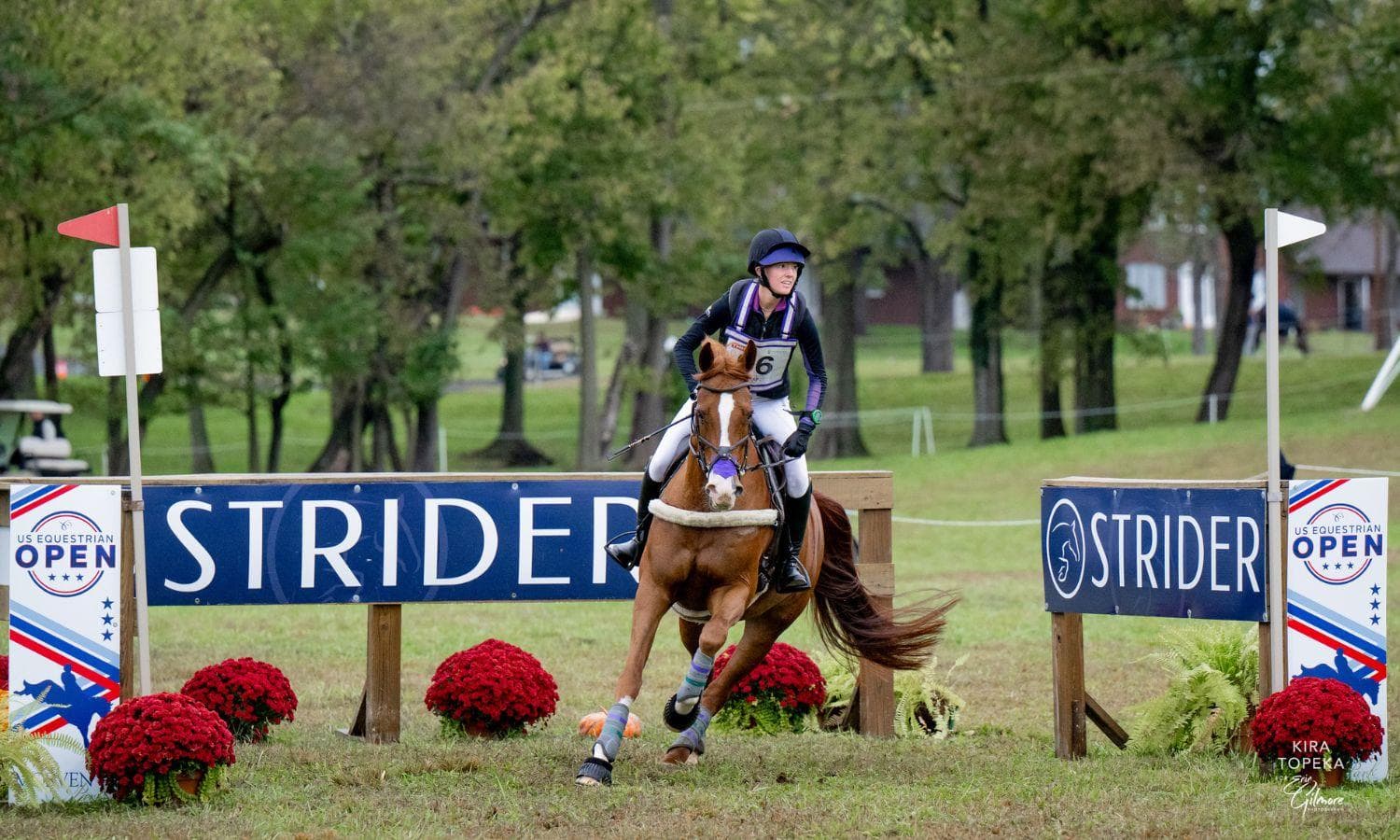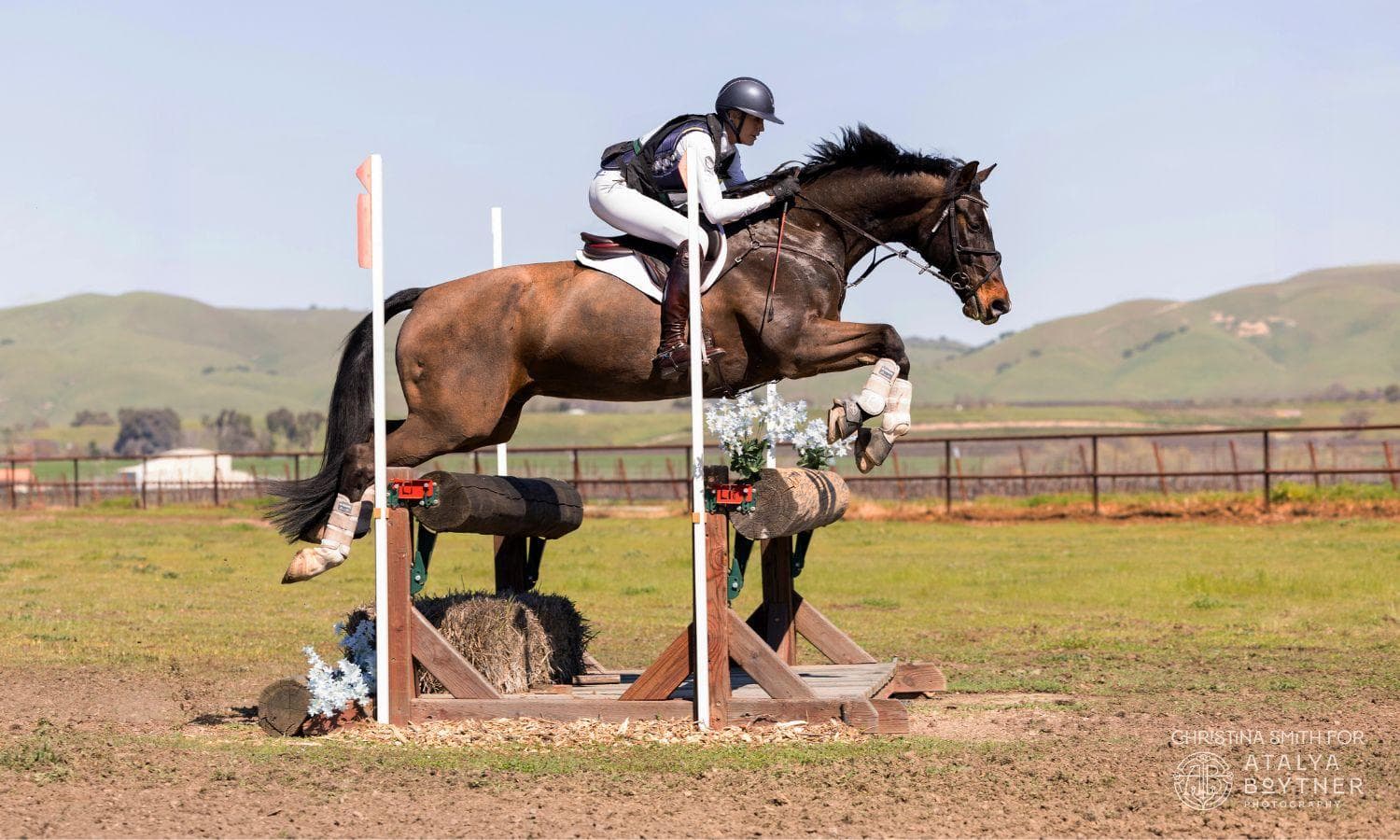Pressure Proof with Daniel Stewart: The Thank Bank

This holiday season I’d like to begin a series of Pressure Proof tips dedicated to helping us all become a little more joyful and thankful…and we’ll do that by discussing two opposing mindsets: the growth and fixed mindset.
Riders with a growth-mindset believe their talent can grow with time and experience. To these riders, skill is just a starting-point that can be enhanced with the right amount of effort, practice, and repetition. Riders with a growth-mindset know their potential is nearly limitless and that they (and no one else) controls how successful they’ll become. They thrive on challenges and love to stretch outside their comfort zone. Riders with a growth-mindset are persistent and realistic and act with positivity and humility. They allow themselves to feel vulnerable from time-to-time but rarely experience regret.
Riders with a fixed-mindset, however, believe that talent is a fixed trait that cannot change (even though research has proven it can). They feel they're born with a certain amount of skill and no matter what they do they can never change or improve it. These riders believe that talent is predetermined so they rarely attempt to improve it. As a result, they often avoid challenges because it’s the only way to avoid making mistakes. They also believe that talent alone leads to success, and that effort is bad or even embarrassing (after all, talented riders shouldn’t have to make an effort!). As a result, these riders shy-away from challenges and/or give-up altogether if there’s a risk of failure. These riders tend to be quick quitters, struggle making the best of a bad situation and lack belief in their abilities. They usually see vulnerability as a weakness and experience frequent regret.
So just how can the knowledge of growth and fixed mindsets influence our ability to become joyful and thankful? Well, in fact, it’s not just these two mindsets that impact our ability to unleash the best versions of ourselves, it's the many mini-mindsets that create them. What I mean by this is that the growth and fixed mindsets don’t act alone; they’re actually made up of many other closely-related mindsets that combine together to create our tendency to believe our talent can growth or is fixed. So starting this month, let’s take a look at 16 different opposing mini-mindsets, and let’s honor the Thanksgiving season by beginning with the first two: The greed and the gratitude mindsets.
Riders with a greed-mindset struggle being thankful for what they have because they always want more. Instead of being satisfied and enjoying their horse, tack, and trailer; they feel dissatisfied because they wish they had fancier, nicer, and bigger. In other words, these riders feel bad because they don’t have what they want. Unfortunately, research has proven that even when greed gives them a momentary glimpse of satisfaction (for getting more of what we want), they’ll quickly return to the same level of happiness as before it. This is called hedonic adaptation and why it’s so common for so many of us to continually want more and more even though we have so much more than before!
Riders with a gratitude-mindset, however, tend to be more joyful and happier than their greed counterparts because they want everything they have. They know that fancier, nicer, and bigger exist but don’t spend every-waking-minute hoping for them. These riders don’t take what they have for granted, but instead appreciate everything they’ve been given. As you can probably guess, greed is part of the fixed-mindset while gratitude is part of the growth-mindset.
So this Thanksgiving season, let’s all learn to believe that our talent and happiness can grow, and that it’s not because of all the things we want, but because of all the things we already have. Let’s all remember that gratitude is a special kind of social currency that leads to greater self-worth. A fun way for us to accomplish this is by building something I like to call a thank bank; a list of all the things we’re most thankful for. A list that most likely includes things like horses, families, riding mates, and health. A list that reminds us that "what means most to us says the most about us". A list that ultimately helps us all appreciate all the good and great things that already exist in our lives.
Happy Thanksgiving everyone! By the way, if you’re a visual learner and would like to take my online self-paced equestrian sport psychology class (30 short videos, pdf’s and quizzes) just visit: https://daniel-stewart-s-school.teachable.com/p/equestrian-sport-psychology















